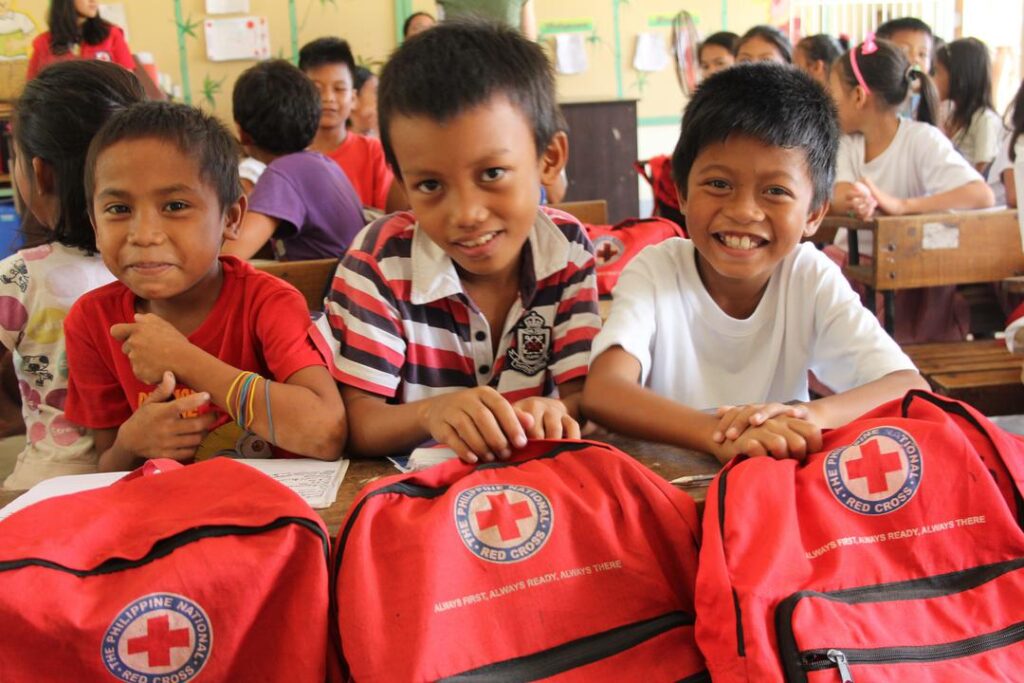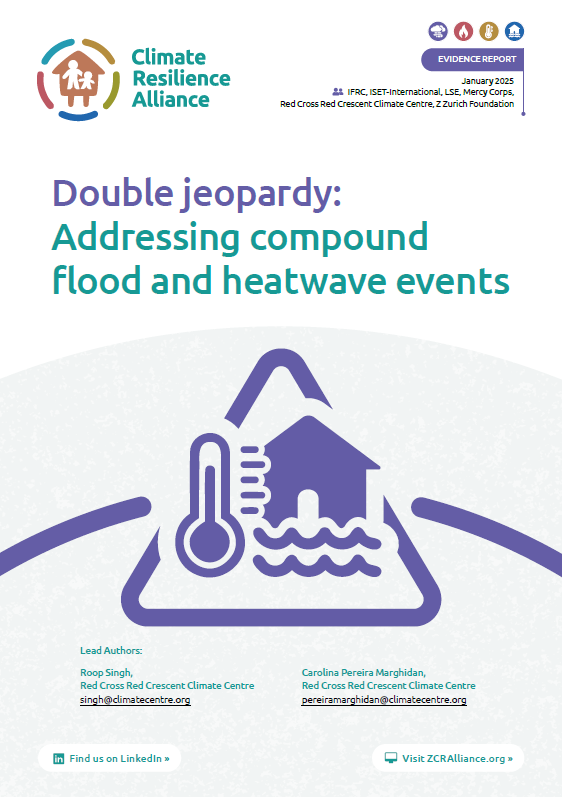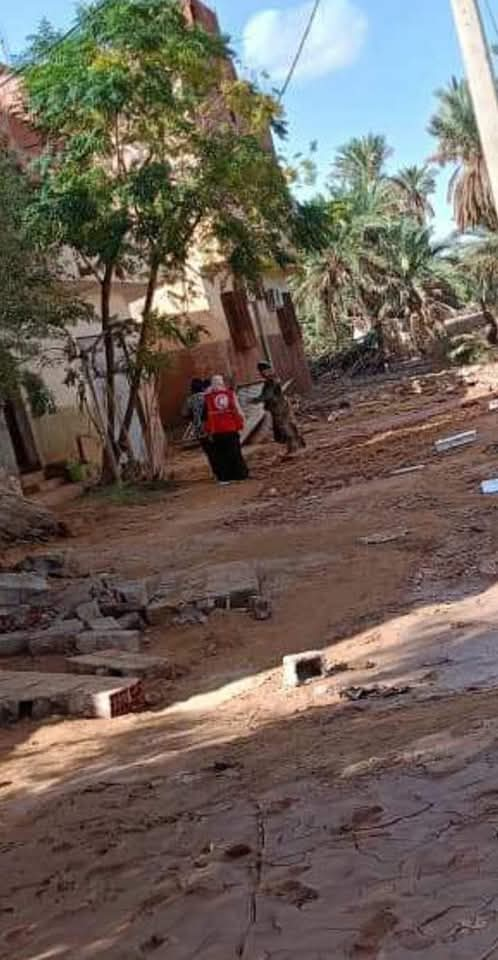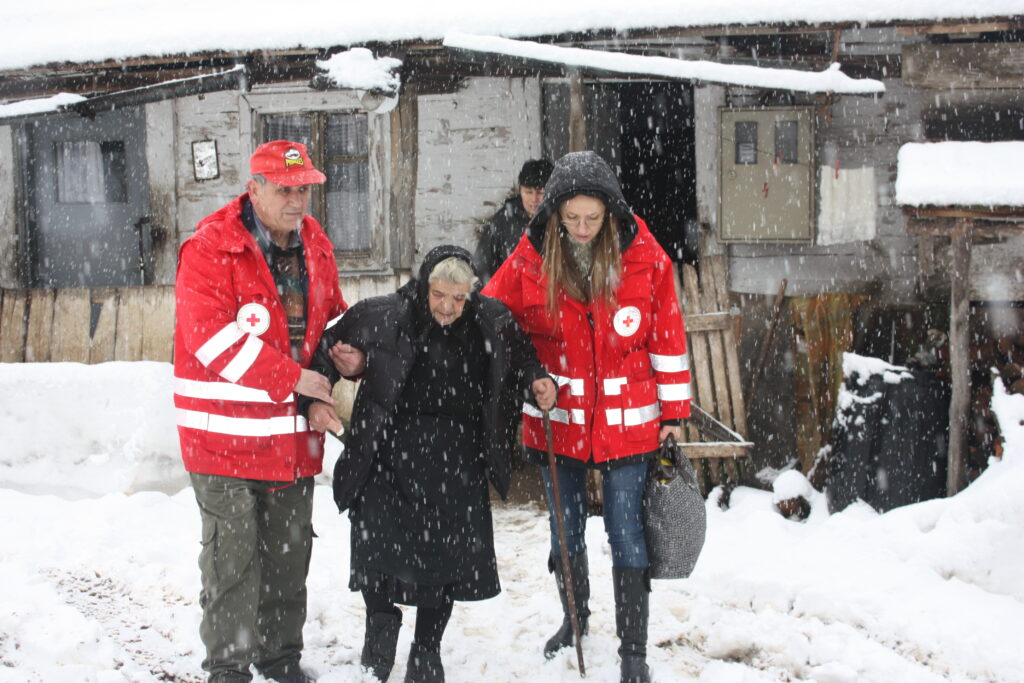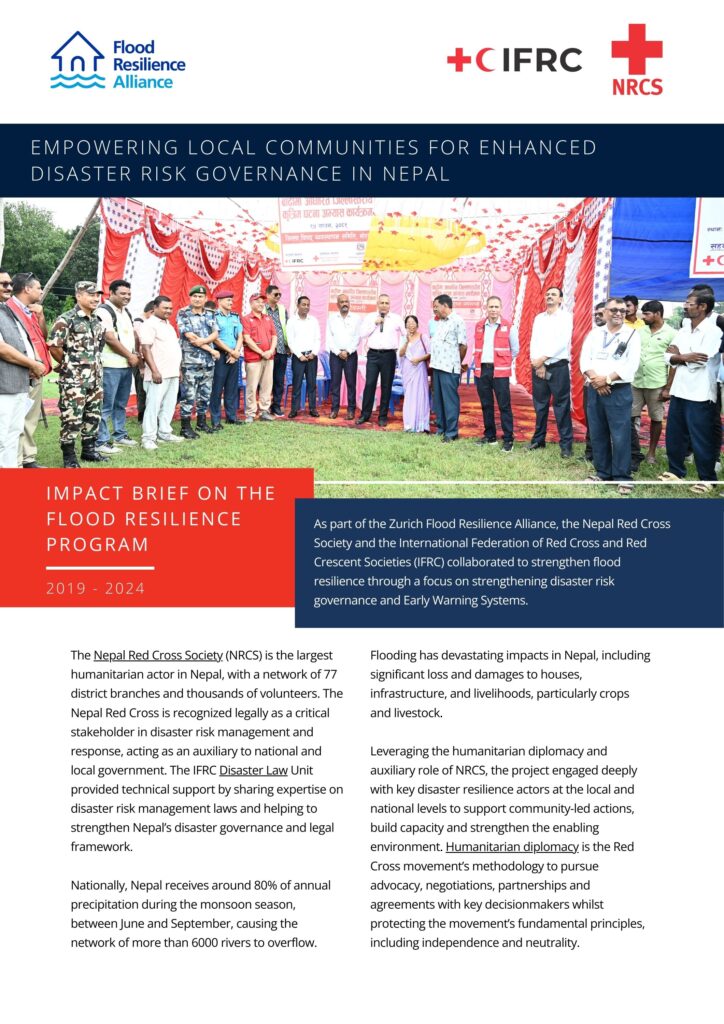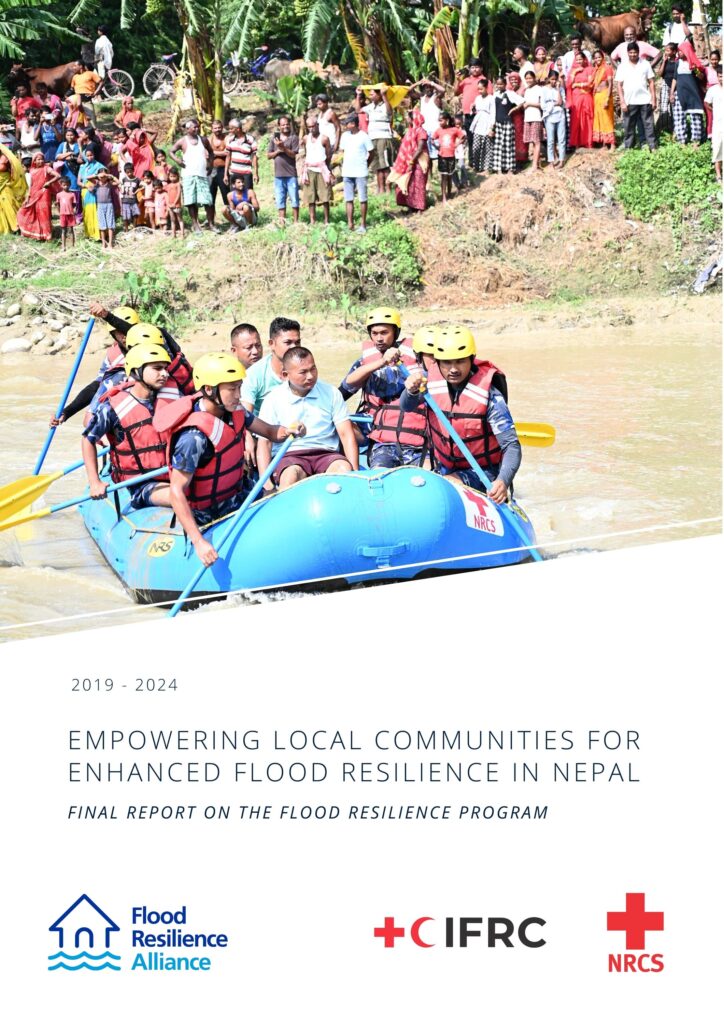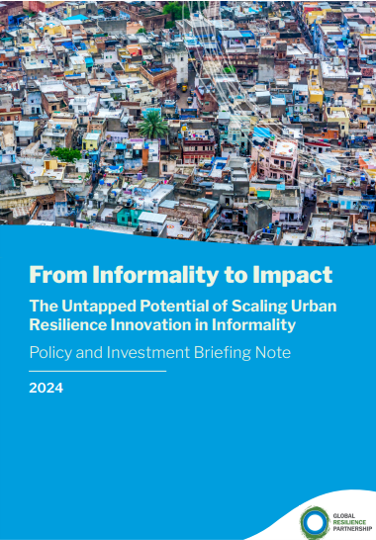How GADRRRES Strengthens Global Resilience in the Education Sector Through the Comprehensive School Safety Framework
Background Every child has the right to an education and should be allowed to learn in a safe environment. Worldwide, disasters, emergencies, shocks and stresses brought on by hazards, climate change, conflict and violence have devastating impacts on children’s education and jeopardize their safety and learning. According to a recent UNICEF analysis, “at least 242 […]

